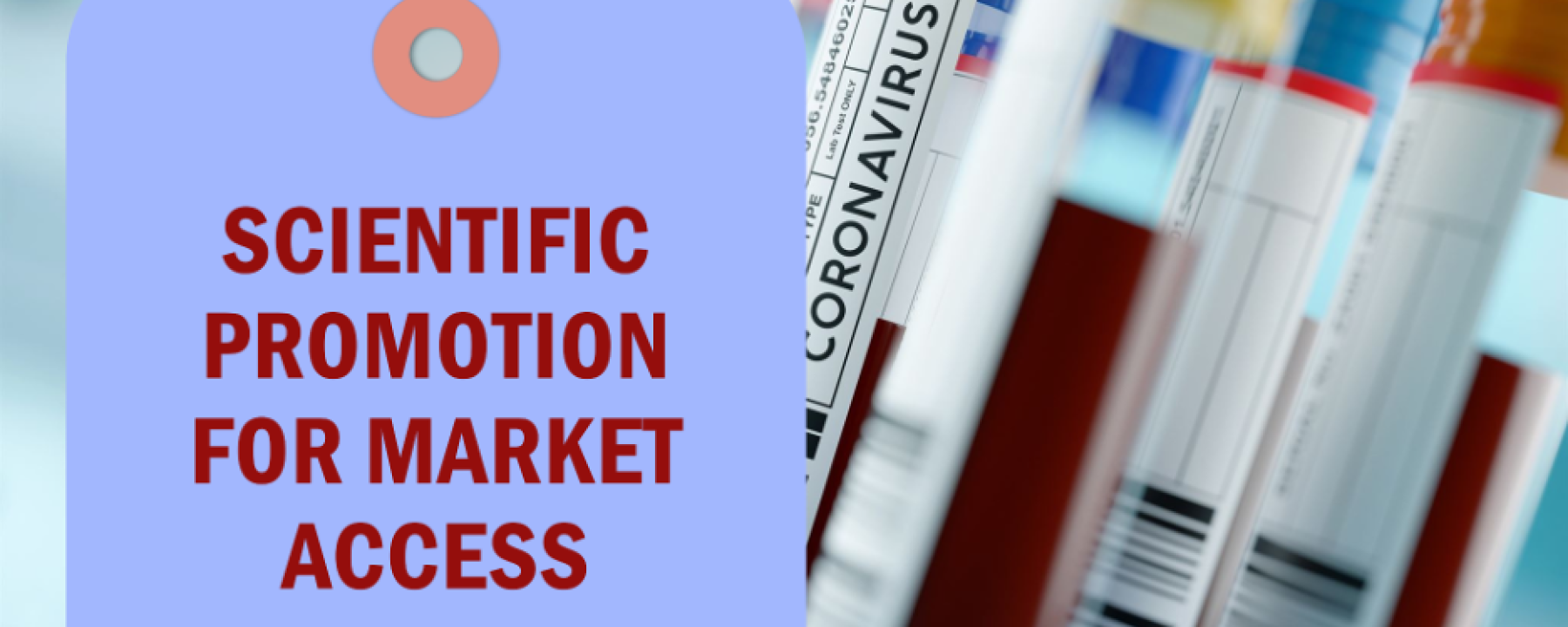
Leveraging Scientific Promotion for Market Access and Reimbursement Decisions
In the pharmaceutical and biotech industries, securing market access and favorable reimbursement decisions is crucial for a product’s success. Scientific promotion has emerged as a key strategy for navigating these complex processes effectively. By aligning clinical evidence with payer expectations, scientific promotion services play a crucial role in influencing market access and reimbursement outcomes. Market research program services for pharma in Mexico, Brazil, and LATAM also contribute to these efforts by providing valuable insights that enhance regional strategies. This article explores how scientific promotion can support pharmaceutical and biotech companies in achieving these objectives.
Understanding Scientific Promotion
Scientific promotion involves using scientific evidence and expert opinions to influence healthcare decision-making. It acts as a bridge between clinical research and market access by presenting robust, evidence-based arguments to payers, regulators, and other stakeholders. Scientific promoters often include researchers, clinicians, and experts who can effectively communicate the value of a new treatment or technology.
The Role of Scientific Promotion in Market Access
1. Aligning Clinical Evidence with Payer Expectations:
Scientific promotion services help companies understand payer requirements and align clinical evidence accordingly. Payers are increasingly focused on the value and cost-effectiveness of treatments. Promotion services can assist in presenting clinical data in a way that highlights the benefits and cost-effectiveness of a product.
Example: A pharmaceutical company developing a new diabetes drug might work with scientific promoters to adapt its clinical data to highlight how the drug improves health outcomes and reduces long-term costs. This could include a detailed analysis of reduced complications associated with diabetes, demonstrating greater cost-effectiveness.
2. Developing Compelling Value Propositions:
Scientific promoters work with companies to develop compelling value propositions that resonate with payers. This involves translating complex clinical data into clear, actionable insights that demonstrate the clinical and economic value of a product.
Example: For a new cancer treatment, a scientific promoter might help craft a value proposition that details how the treatment not only improves survival rates but also reduces the need for additional therapies, representing significant savings for healthcare systems.
3. Navigating Health Technology Assessments (HTAs):
Health Technology Assessments are a key component of the market access process. Scientific promotion services provide guidance on preparing HTA submissions by ensuring that clinical evidence is presented in a way that meets HTA criteria.
Example: If a biotech company is launching a new medical device, scientific promoters can assist in preparing the necessary documentation for HTA evaluation, including efficacy studies, cost-effectiveness analyses, and data on the impact on patient quality of life.
4. Building Relationships with Key Opinion Leaders (KOLs):
Key Opinion Leaders (KOLs) play a significant role in shaping payer perceptions and influencing reimbursement decisions. Scientific promotion involves engaging KOLs to support a product's value proposition. KOLs can provide endorsements, participate in advisory boards, and contribute to publications that enhance the credibility of clinical evidence.
Example: For a new treatment in rare diseases, a scientific promoter may coordinate the involvement of a recognized KOL in publishing articles in specialized journals and speaking at conferences, helping to establish the treatment’s credibility and increase its acceptance by payers.
5. Managing Post-Market Access Challenges:
Even after achieving market access, companies may face challenges related to reimbursement. Scientific promotion services help address these issues by providing ongoing support, including generating real-world evidence and conducting post-marketing studies to demonstrate continued value.
Example: After the approval of a hypertension medication, a scientific promoter might assist the company in conducting studies on the real-world use of the medication in clinical practice, gathering additional data to reinforce its value and address any reimbursement issues that may arise.
Conclusion
Scientific promotion is a powerful tool for pharmaceutical and biotech companies seeking to secure market access and favorable reimbursement decisions. By aligning clinical evidence with payer expectations, developing compelling value propositions, navigating HTAs, building relationships with KOLs, and managing post-market access challenges, scientific promotion services provide essential support in achieving successful market outcomes. As the healthcare landscape continues to evolve, leveraging scientific promotion will remain a critical strategy for companies aiming to bring innovative treatments to market and ensure their long-term success.
To leverage scientific promotion and optimize market access and reimbursement decisions, contact us! We offer specialized services in Micro Advocacy Network, Medical Science Liaison, Medical Science Advocacy, and Health Science Advocacy to support your company in these key processes.